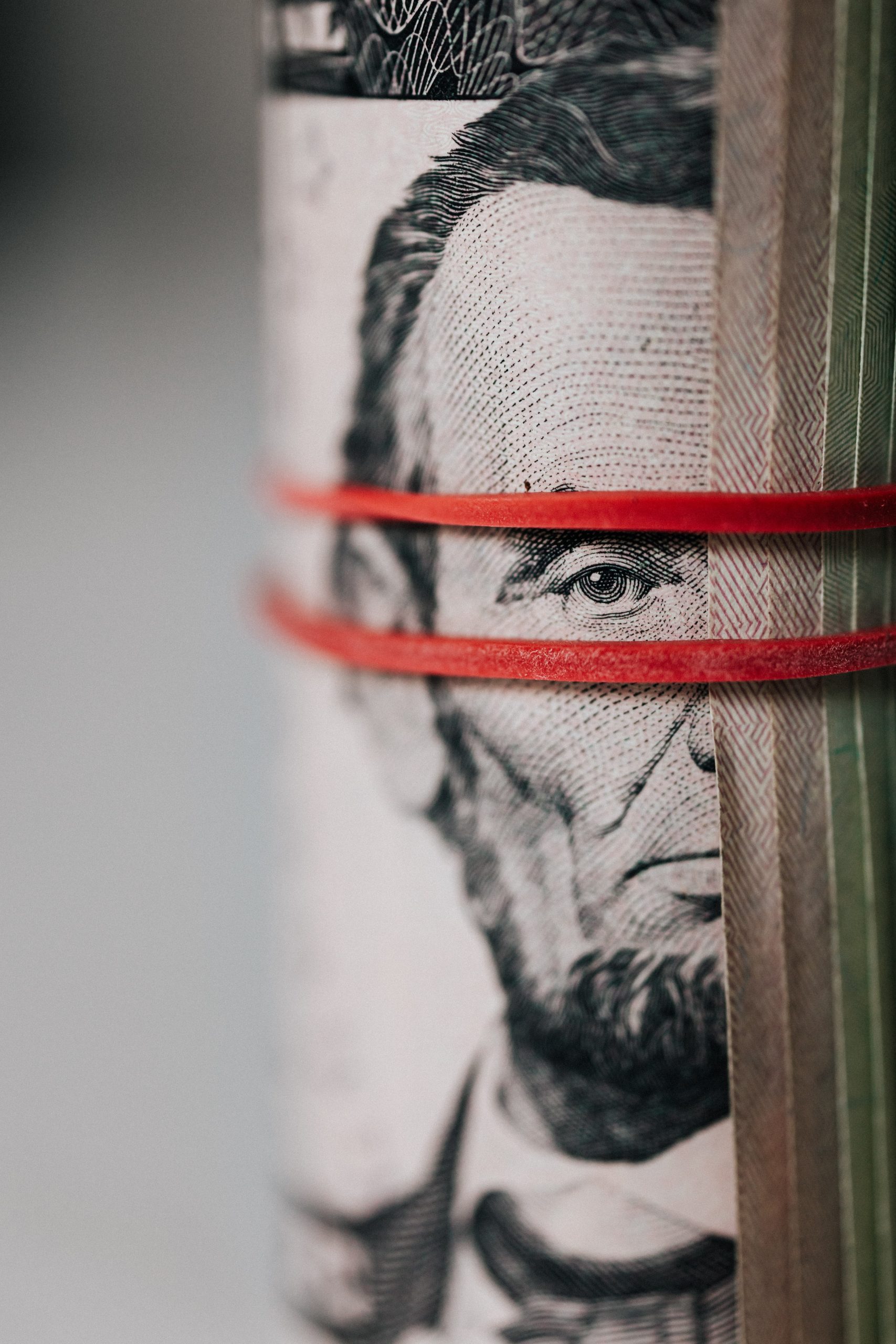Understanding Founder’s Liability for Corporate Debts in Bankruptcy
In certain circumstances, company founders can be held personally responsible for corporate debts. This liability can be determined by a judge in the event of bankruptcy declared within 3 years of the company’s formation. To minimize this risk, it is crucial for entrepreneurs to understand the conditions of this liability and take measures to protect their personal assets.
Avoiding Characterized Fault: How to Reduce Risks Related to Founder’s Liability
For the founder’s liability to be triggered, specific conditions must be met:
- Bankruptcy must have been declared.
- Only the liquidator can initiate this action (not a creditor).
- Bankruptcy must occur within three years of acquiring legal personality.
- A characterized fault must be established, meaning the founders must have lacked foresight or demonstrated recklessness by not allocating sufficient equity to ensure normal activity for at least two years.
To avoid characterized fault, it is recommended to work with an accountant to develop a solid financial plan that meets CSA (Code des sociétés et des associations) requirements (art. 5:4, 6:17, 2°, and 7:18, 2°).
Debt Distribution: How Judges Determine Each Founder’s Share of Liability
If the founder’s liability is established, the judge has the power to assess and distribute the share of liability to be borne by each founder. This distribution can vary based on the qualifications and role played by each founder during the company’s formation.
The Role of the Simple Subscriber: How to Bypass Founder’s Liability When Forming a Company
To avoid the founder’s liability, it is possible to establish oneself as a “simple subscriber” during the formation of a company. This option is recommended if you contribute funds to a company without becoming a director or playing an active role.
Previously reserved for joint-stock companies (art. 7:13 of the CSA), this option is now available for limited liability companies (art. 5:11 of the CSA) and cooperative companies (art. 6:12 of the CSA). Be sure to check that the articles of association correctly mention this designation.
Note, however, that founders must hold together at least one-third of the shares, and a simple subscriber can only make a cash contribution (not a contribution in kind or in industry).
 Get in touch
Get in touch
